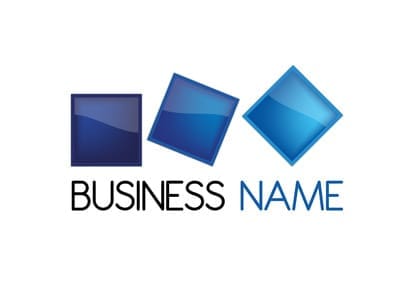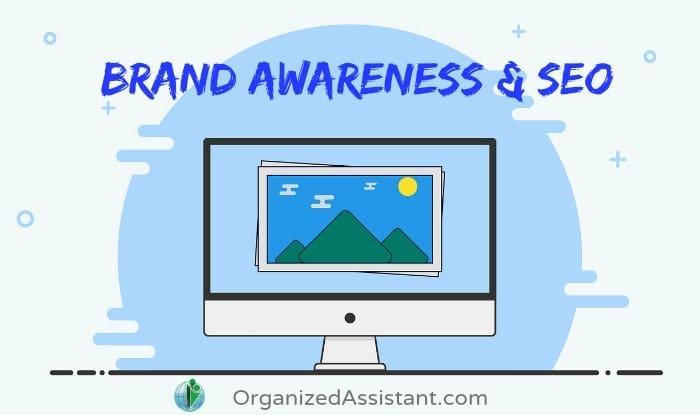Brand-Building For Solo Professionals
This page may contain links to Amazon.com or other sites from which I may receive commission on purchases you make after clicking on such links. Read my full Disclosure Policy

Many organizers say their biggest challenge is “getting clients,” but to really thrive in your business, it’s essential that you attract people who not only need your help but recognize the value of your services. The best way to attract those ideal clients, the ones you can really connect with, is by establishing a unique brand identity.

Do a quick search of online articles about branding for solo professionals, and you’ll find a lot of information that focuses on why you need a brand. However, you won’t necessarily find ones that tell you how to establish and nurture an identity that ensures you are as successful as you can be on your own terms. (After all, that’s probably why you went on your own in the first place.)
But before we get to the how, let’s once and for all put the question of why to bed with these words from Debbie LaChusa of DLC Marketing: “If you don’t take the time to create a brand, you and your business are generic. They don’t stand for anything. So, you will struggle more to get clients and you will be forced to compete on price. And, that’s the hard way to market and be successful.” Case closed. Thank you, Debbie.
Unfortunately, the how of branding is not as cut-and-dry, especially if you are in the early stages of entrepreneurship. It’s not like you have the budget of Southwest Airlines or McDonald’s, and can hire a team of marketing professionals to sift through Web analytics and then create mood boards that inform your creative process. You have to do all that yourself while also having to do the work that keeps your clients paying the bills.
The good news is that a lot of the resources you need to develop and execute an effective branding strategy are more readily available than you might think. Probably at a lower cost than you might suspect. Maybe even for free. Remember, the scale of your brand is personal, not mass-market. So, what do you really need when you’re doing a branding campaign for your own business?
People-power
As a one-person shop, this might be the only resource that seems more scarce than cash. Agencies have the personnel to conduct extensive telephone surveys and organize elaborate focus groups. But like online branding specialist Lou Bortone says, “Your brand is who you are, who you serve, what you do, and what you stand for,” when you’re a solo professional.
So who better to turn to than your peers for qualitative and quantitative assessment? Talk one-on-one or with groups of former co-workers and clients to see what they’ve appreciated about working with you. It might cost you a couple rounds of cocktails and a few lunches, but you’ll be getting all the data you need to start building your brand.
Technology
From fundamentals like business cards and stationery to novelty items like coffee mugs and T-shirts, everything you need to create and produce brand is readily available to the solo professional in the online environment. The tools are often so easy to use that you won’t need to have experience with design software to select fonts, place logos, choose color palettes, and anything else you can dream up to make your brand come alive.
Time
Another resource that’s often in short supply. Fortunately, as a solo professional, you are your product; meaning the work you’re doing aids your brand-building process. But it’s only half the battle. The other half is making sure potential clients know your capabilities.
Susan Cartier Liebel does a good job explaining this in an article found on SoloPracticeUniversity.com. “In today’s market place it’s simply not enough to show up and practice and hope others like and talk about you,” says Liebel, specifically with regards to attorneys who are solo practitioners. “Branding your solo practice, which some can say is a ‘personal brand’, is a promise you make to the marketplace, your potential client. It is solely within your control.”
Decision-making
Speaking of control. Here’s one area where you definitely have an advantage over corporations. You have the autonomy to filter information and act on it as you see fit at every step of the process — from market research to campaign analysis. That doesn’t mean you should ignore the input from the peer group you’ve assembled to help clarify your brand; just that you have the freedom to go in any direction you want with what you’ve learned about yourself.
Good luck and happy branding!
Image courtesy of Suwit Ritjaroon / FreeDigitalPhotos.net




Great article which brought up some interesting insights such as the People- power, and time.
Yes, the ideas in that section on Time were interesting, and a bit different than what you usually read about personal branding. So much to keep in mind!